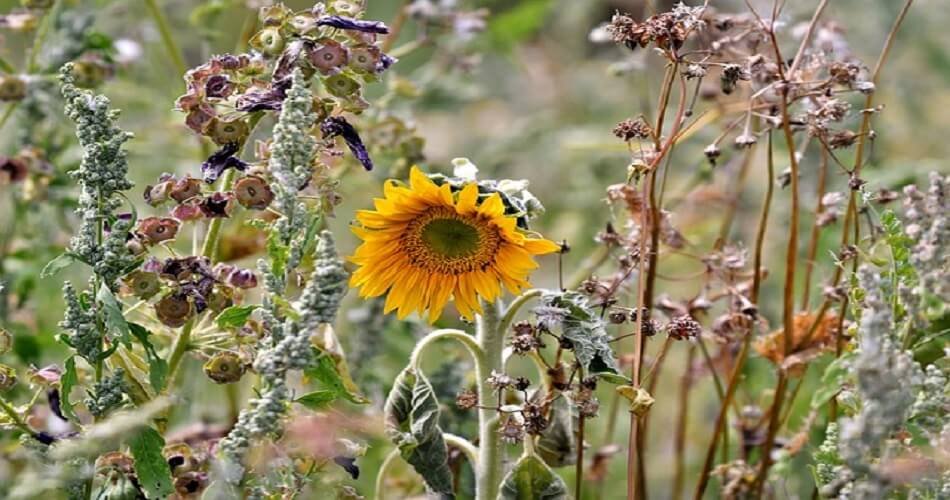NOAA predicts that 2024 will be the warmest year on record globally
Based on January-June 2024 temperatures, the US National Oceanic and Atmospheric Administration (NOAA) predicts that 2024 will be the warmest year on record globally.
In its Monthly Climate Update, NOAA raised the chance of 2024 being the warmest year on record to 59% from 50% last month. It stated that the likelihood of 2024 being among the top five warmest years is 100%.
“Based on current anomalies and historical global annual temperature readings, it seems like it is virtually certain that 2024 will be a top 10 year, consistent with a strong propensity since 1988 for recent years to be initially ranked as a top 10 year,” it stated.”
Also Read | Punjab Govt raises weather damage crop loss compensation
Russ Voce, Chief of Climate Monitoring and Assessment, NOAA National Centers for Environmental Information, and Cory Baggett Meteorologist, NOAA Climate Prediction Center (CPC), issued a “La Nina Watch” and stated that oceanic and atmospheric observations currently reflect El Nino-Southern Oscillation (ENSO) neutral conditions.
“La Niña is favored to develop during August-October (70 % chance) and persist into the Northern Hemisphere winter 2024-25 (79 % chance during November-January),” according to the NOAA.
According to the US weather agency, global land and ocean temperatures rose by +1.29°C, making it the warmest January-June period on record since 1895.
In June, the global land and ocean temperatures were the highest on record. Temperatures increased by +1.22°C. June’s global temperature (+1.75°C) and ocean temperature (+0.98°C) were both the warmest on record since 1850.
23.2 percent of India is in drought
Meanwhile, the National Centers for Environmental Information reported in its global drought overview that 23.2% of India was experiencing drought in June, though less than in May. Drought conditions were confirmed in northern, eastern, and southwestern India.
Satellite data revealed low soil moisture and groundwater levels in northern India. June was also warmer than average across Asia.
“From September, 4 of 7 climate models suggest SSTs are likely to remain at neutral ENSO levels, and the remaining 3 suggest the chance of SSTs reaching La Niña levels (below −0.8 °C),” according to the report.
Favorable conditions
BoM, one of the first global agencies to issue “La Nina Watch,” has stated that it does not guarantee La Niña development. The Australian weather agency stated that there is an equal chance of ENSO remaining neutral or a La Niña developing. The Australian weather agency stated that there is an equal chance of ENSO remaining neutral or a La Niña developing.
“The APCC ENSO (El Nino-Southern Oscillation) alert indicates ‘La Nina Watch’. The Nino3.4 index is expected to be -0.6℃ in August 2024, gradually decreasing to -0.7℃ from September 2024 to January 2025, according to the seasonal outlook.


















Add Comment